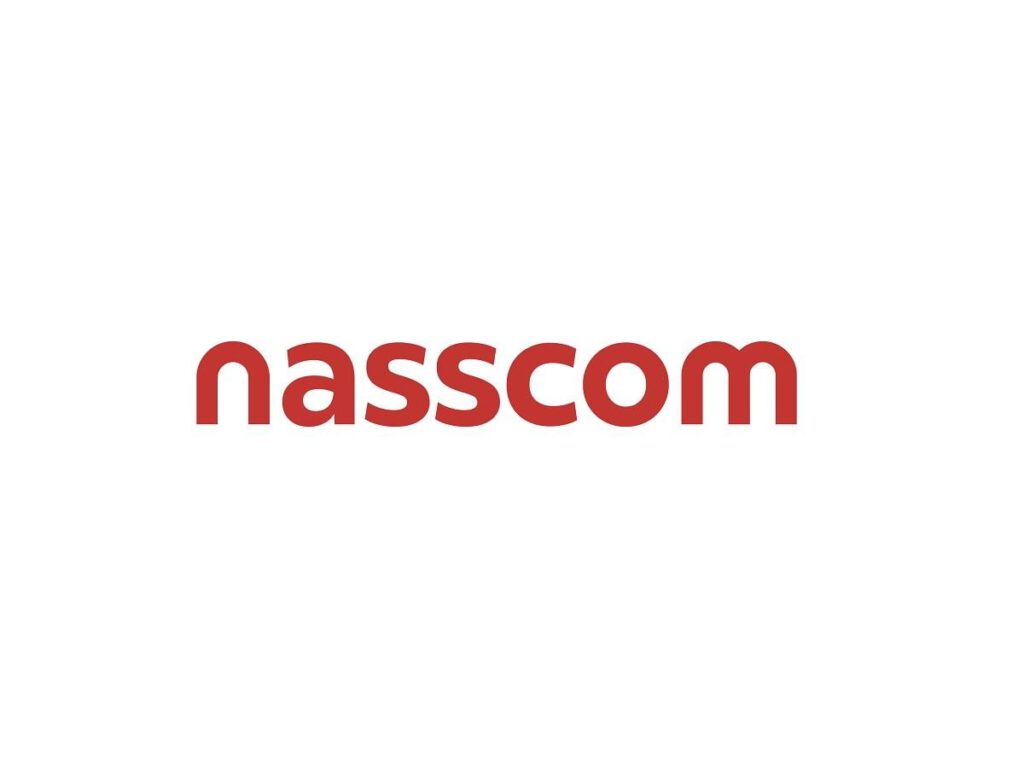Deep tech companies developing satellites for Earth observation, products to thwart cybersecurity attacks and artificial intelligence solutions to solve various medical problems were among the innovations recognised by IT industry body Nasscom at its Future Forge (formerly Nasscom Product Conclave) event here on Tuesday.
Nasscom has announced the winners and 10 league winners of its 14th Emerge 50 Awards, which recognise groundbreaking developments in deep tech by Indian technology companies with the aim of solving some of the world’s most pressing challenges and addressing important global issues.
Click here to connect with us on WhatsApp
“Deep tech spans a variety of industries, from agriculture and health tech to space and education tech, and these startups embody the marriage of cutting-edge science and entrepreneurial spirit,” said Devjani Ghosh, president, Nasscom. “As deep tech moves from theoretical research to tangible market solutions, the opportunities for India’s technology industry are limitless.”
Nasscom also announced the League of 10 Winners, which recognizes cutting-edge companies among the 50 emerging deep tech startups that are creating new products and solutions with unique IP and potential impact. One of these companies is GalaxyEye, which is building the world’s first multi-sensor imaging satellite that will redefine the future of Earth observation. The company was founded in 2020 by a team of five students and alumni from Indian Institute of Technology Madras. They previously worked together as part of Team Avishkar Hyperloop, an IIT-M student competition team that was the only Asian finalist in the 2019 SpaceX Hyperloop competition.
Another company, BluSapphire Cyber Systems Private Limited, is a start-up that offers products that enable effective cyber threat detection and mitigation, thereby ensuring business continuity for its clients.
Many of these companies are also making big bets on the healthcare sector: Biotech company Azooka Labs is developing products to advance the climate change agenda, aimed at protecting the environment from biohazardous chemicals used in life science research and molecular diagnostic applications.
Another company, Artelus, is a profitable startup operating in a Rs 19,000 crore market opportunity with commercialized devices and AI solutions that address all pain points in clinic and mass adoption, including identifying patients with retinal abnormalities, potentially impacting over 210 million Indian families.
Nayan Technologies focuses on city management. By leveraging AI and crowdsourced citizen engagement, cities can optimize resource allocation, reduce operational costs, and enhance service delivery. This not only creates economic opportunities for participants but also ensures transparent decision-making. It also addresses various urban challenges.
Other companies recognized as part of the League of 10 Winners out of 50 emerging deep tech startups include Fortytwo42 Technology Innovations, HaystackAnalytics, Proxgy, Inntot Technologies and XYMA Analytics.
“This year’s group represents a diverse cross section of deep tech companies that are providing real-world solutions to complex global problems,” Nasscom’s Ghosh said.
The awards, now in its 14th edition, received 741 applications. With Zinnov as the knowledge partner, the applications were judged and evaluated using mathematical models. The applications were evaluated and analyzed based on several parameters including financials, growth, market differentiation, product differentiation, market size and use of advanced technology. Moreover, over 20% of the applications were from tier 2 and tier 3 cities such as Cochin, Coimbatore, Trivandrum, Bhubaneswar, Kochi, Indore and Jaipur.
According to a Nasscom report, India’s deep tech startup ecosystem has matured with over 3,000 startups growing at a CAGR of 53% over the past decade. These companies have grown at par with the Indian technology startup ecosystem. This growth is driven by the rise of emerging technologies such as AI, big data, and Internet of Things (IoT) and their accelerating adoption across sectors. However, despite this growth, these companies face a number of challenges including availability of skilled technologists, research mentorship, access to markets, implementing proofs of concept, and fundraising, the Nasscom report said.

